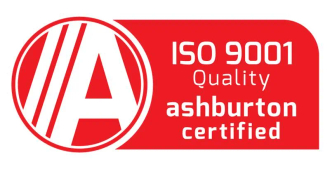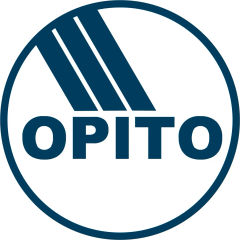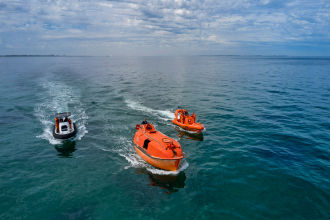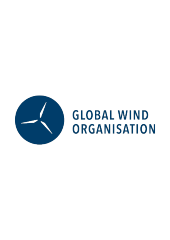Working with industry
We believe safety-training excellence starts with rigorous standards, recognised regulators and trusted industry partners. This section reflects our commitment to delivering consistently high-quality training - aligned with national and international benchmarks - and to working collaboratively with respected organisations.
In this section
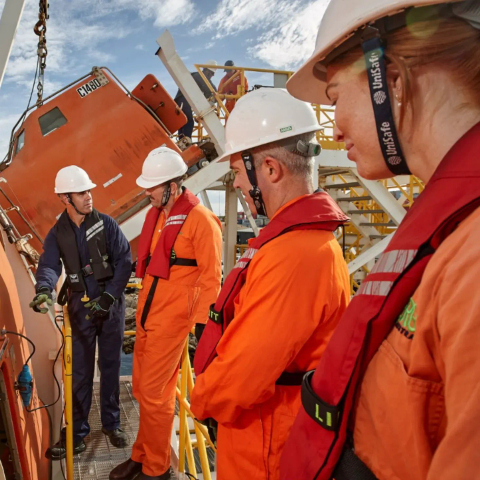
Through our adherence to the recognised frameworks of bodies such as Global Wind Organisation (GWO), OPITO, Australian Maritime Safety Authority (AMSA), and the requirements set by the VET regulatory environment, we ensure that every course we deliver meets rigorous competency, safety, and quality standards.
Beyond compliance, we pride ourselves on genuine collaboration. ERGT works alongside respected universities, training providers and industry associations to continuously refine training content, share best-practice knowledge, and support evolving industry needs. This approach ensures our trainees and clients receive relevant, up-to-date, and industry-endorsed training outcomes.
We know that in high-risk and dynamic industries, safety and competence are non-negotiable. That’s why we place such importance on our regulators and collaborators - they hold us to the highest standards, and help ensure we deliver what matters most: safe, competent and confident people ready to work in real-world conditions.
